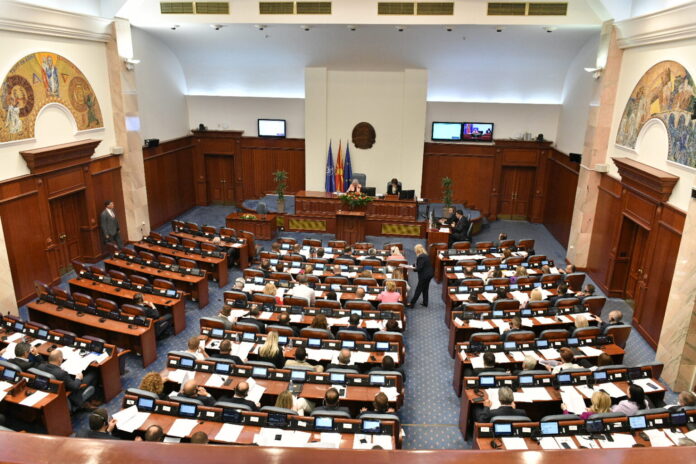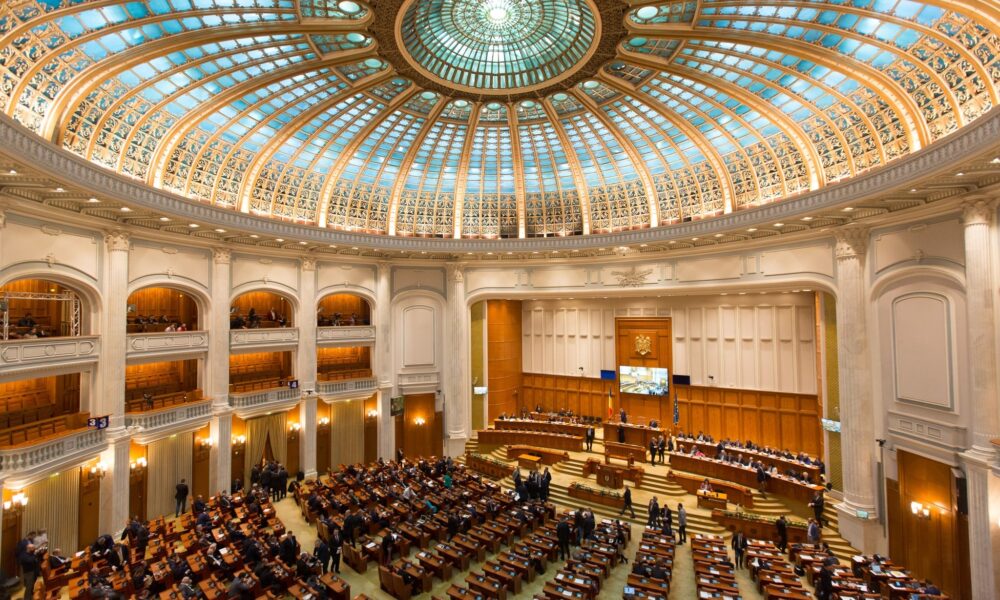Federal Council is horrified by indiscretions

Lecks in the state government
Lecks in the state government
The Federal Council is horrified by indiscretions – so far the government has remained idle
Trust within the government is shaken, according to premature reports on personnel changes in the Department of Amherd. A Council of States now wants to become active against indiscretions – and starts with the journalists.
The public was already aware of before the media conference: the resignation of army chief Thomas Süssli. On the left Federal Councilor Viola Amherd.
A classic drama has five acts. The authorities in Bundesbern are happy to perform the spectacle. First act: Someone from the administration stabs confidential information to the media.
Act second: Members of the Federal Council are outraged. Trusting cooperation in the government is impossible to impossible by indiscretions, they say.
Third act: The Federal Prosecutor opens a criminal proceedings against unknown persons for a violation of the official secret.
Fourth act: The state government checks measures on how indiscretions can be contained in the future.
The fifth act is then an anti -climate. Nobody dies the heroic death, nobody falls on their own sword. Rather, the Federal Prosecutor's Office hires its criminal proceedings without having found possible culprits. And the Federal Council looks at the fight against indiscretions.
Defense Minister Viola Amherd is currently in the leading role. Before the official communication, the NZZ and Swiss television knew that the army chief and the director of the intelligence service give up their functions. Amherd is angry. Serious collaboration in the Federal Council is being impossible, she says.
Too many restrictions make the work of the government difficult
Why do federal employees chat? They pursue four possible goals – sometimes combined. First, an indiscretion can prepare the ground for a new political plan. Or the resistance to the idea of another office should be fueled. Third, attempts are made to put another department in a bad light, including the responsible Federal Council. Fourthly, the medium, which receives the delicate note, is to report on the sender.
A flood of indiscretions quoll during the pandemic from the Federal Council. The parliamentary commission, which examined the Corona Leaks, wrote about a crisis of trust. Individual federal councilors refrained from submitting applications to the government because they feared to read their suggestions in a newspaper the next day.
The then Federal Chancellor Walter Thurnherr emphasized that indiscretions were criminal and showed by character weakness. Thurnherr campaigned for the Federal Council to be more of a matter of being passed on to confidential news. Council of States Benedikt Würth demanded that the government do more against the transfer of confidential news. The business examination committee proposed a number of measures against the transfer of confidential news.
The Federal Council swept the suggestions off the table – due to dubious feasibility. Only access to confidential documents was a little restricted.
Secret documents are not the problem. They do not appear on an online platform. A federal woman wears it in paper form from one office to another. If the women is under the way with a migros sack, the administrative employees know: it puts secret papers to someone. Indiscretions are very rare.
However, confidential documents can be viewed on two federal databases. A platform contains information on Federal Council shops. The government has so far been of the opinion that too restrictive access provisions make the work of the government and administration more difficult. The Federal Council states in the code of conduct for the federal personnel: Indiscretions are not tolerated. However, it is questionable whether this warning impresses the employees.
Journalists are allowed to keep their sources secret
The Swiss government system contributes to the many indiscretions. All large parties are involved in the executive. This increases the number of those who are up to date with government transactions. On the other hand, the competition has grown among some parties because their voters are close together. Changes in the local composition of the Federal Council could soon be possible. This increases the motivation to harm the exponent of the other parties with the spread of indiscretions.
Meanwhile, the investigative authority is bound by hands because the Swiss judiciary holds up the principle of source protection. The media must not be put under pressure to reveal their sources. The federal prosecutor almost never finds the leak in the federal administration.

Wants to investigate the source protection of the media: SP Councilor Daniel Jositsch.
The SP Councilor Daniel Jositsch noticed this. He is President of the Legal Commission, who will soon want to carry out hearings on journalistic source protection. Jositsch explains the plan as follows: «There are always indiscretions – and due to source protection, criminal proceedings due to violation of the official secret are almost always unsuccessful. We want to analyze this unsatisfactory situation in the legal commission. »
Does the legal commission manage to soften the source protection? The media would defend themselves against it. It is also not clear that politicians find the indiscretions as bad as the periodic moral surge suggests.
As early as 1888, the Federal Council complained that « various unspeakable messages about negotiations from the Federal Council appeared in public leaves. » The government suggested that fallible journalists should « be excluded from the relief of official communications »; They should also be banned “the entry of the Federal Council”.
But then nothing like that happened. The media people continued to spread indiscretions – and the federal councils regularly stated that trust was shaken among the members of the state government.




:format(webp)/s3/static.nrc.nl/images/gn4/stripped/data112647256-2d1964.jpg)


